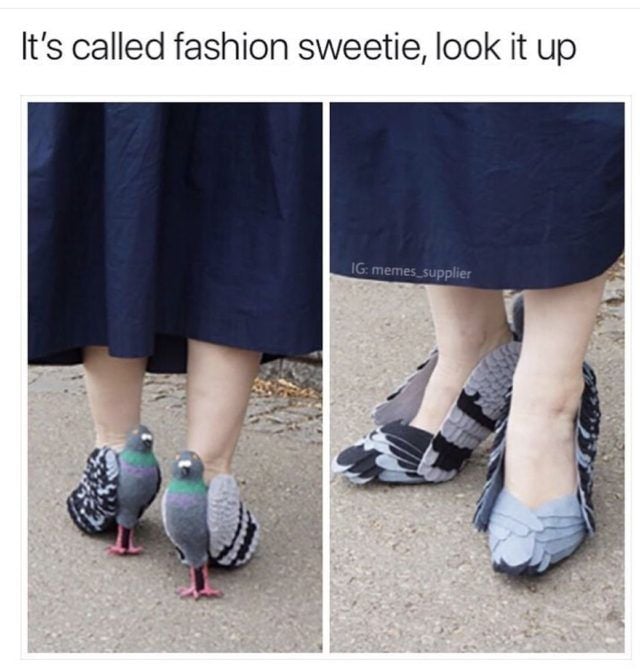Laubbläser helfen sowieso nur gegen trockenes Laub!!!!11einseins
rbn
Gurke aus dem Essig? Ess ick!
Ich hab nur den kleinen Gurkenschein für Cornichons.
Then, again amazing work! I think it was quite a hard word that isn't necessarily part of the everyday vocabulary. ;)
And which comments you see depends on your client. I use Boost for Lemmy and all comments - no matter in which level - are always visible by default.
From my perspective you can't bet both sides and still expect gains on average. Sure you can be lucky that the one bet wins more than the other loses but typically that doesn't work if you bet on two opposite outcomes. There are no magical and safe ways to multiply money other than maybe being super rich and already too big to fail.
If I clip all ten toe nails I would say I'll be able to find 8-9 max! One or two always take off wherever with no chance to be recovered. So i could relate to the strip immediately.
spoiler
🟩🟩🟩🟩🟩
Great job (unless you saw the answer in the other comment and cheated 😋)!
Brandts's tsswieback.
Oh, where is that? As an inspiration in case I decide to emigrate one day. 😄
Thank you, glad you enjoyed it! :)
🟩🟨⬜⬜⬜
In case you'd like to keep guessing on your end be careful as the correct answer has been given further down. ;)








Kacke in German.